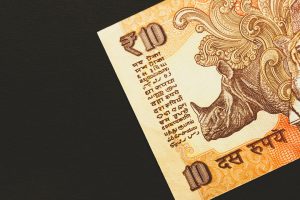Islam is a religion that has strict guidelines when it comes to business and finance. In today’s digital age, online forex trading has become a popular way to make money, but many Muslims wonder if it is permissible under Islamic law. This article will explain what Islam says about online forex trading.
Forex trading is the buying and selling of currencies with the aim of making a profit. The online forex market is a decentralized market where individuals, banks, and other financial institutions can trade currencies 24/7.
Islamic finance is based on the principles of fairness, transparency, and risk-sharing. These principles are in line with the Islamic concept of halal (permissible) and haram (forbidden). Islamic finance prohibits interest-based transactions (riba) and speculative transactions (maisir).
In online forex trading, the exchange of currencies involves interest (riba) because the exchange rate is determined by the interest rate differential between the two currencies. Therefore, many Muslims believe that online forex trading is haram.
However, there are some Islamic scholars who argue that online forex trading can be permissible under certain conditions. They believe that as long as the trading is done in a fair and transparent manner, it can be considered halal.
One condition for online forex trading to be halal is that it should be done on a spot basis. This means that the exchange of currencies should take place immediately, without any delay or interest-based transactions. The currency exchange should also be done at the current market rate, without any speculation or manipulation.
Another condition is that the trading should involve real assets and not just virtual currencies. This means that the currency being traded should be backed by real assets such as commodities or stocks.
In addition, online forex trading should not involve any form of gambling or speculation. The trading should be based on sound analysis and research, and not on luck or chance.
Islamic finance also encourages risk-sharing, which means that profits and losses should be shared between the parties involved in the transaction. Therefore, in online forex trading, the trader should not be the only one bearing the risk. The risk should be shared between the trader and the broker or financial institution involved in the transaction.
In conclusion, online forex trading can be permissible under Islamic law as long as it is done in a fair and transparent manner, without any interest-based transactions or speculative behavior. The trading should be done on a spot basis, involve real assets, and be based on sound analysis and research. The risk should also be shared between the parties involved in the transaction.
It is important for Muslims interested in online forex trading to consult with Islamic scholars and experts in Islamic finance to ensure that their trading activities are in line with Islamic principles. By following these guidelines, Muslims can engage in online forex trading while adhering to their religious beliefs and values.





